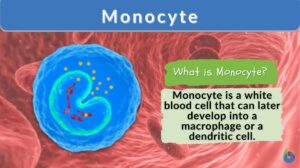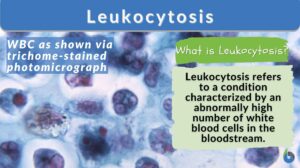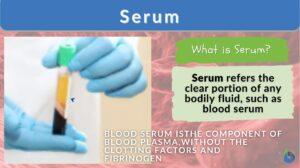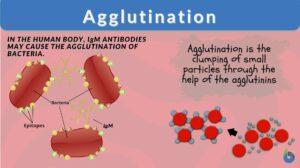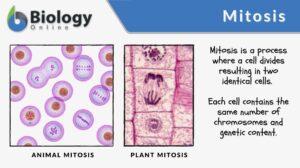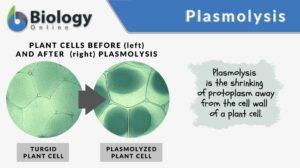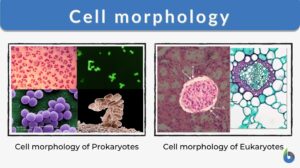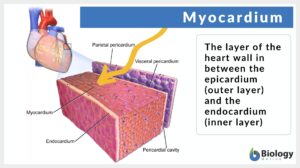Search Results for: blood cell
White blood cell
Definition noun, plural: white blood cells Any of the nucleated blood cells that lack hemoglobin, with a primary role in the... Read More
Red blood cell
Definition noun, plural: red blood cells The blood cell containing hemoglobin and functions primarily to transport... Read More
Blood cell
Definition noun, plural: blood cells Any of the cells in blood, i.e. a red blood cell (erythrocyte) or a white blood cell... Read More
First time! Human blood cell turned into a young sex cell
In essence, our body consists of two major types of cells – one group involved directly in reproducing sexually (called... Read More
Circulation
Blood Blood is composed of a liquid, plasma, and blood cells such as erythrocytes (red blood cells,) leukocytes (white... Read More
Erythrocyte
Erythrocyte Definition Erythrocytes (red blood cells or RBCs) are the myeloid series of specialized cells that play an... Read More
Cell differentiation
Cells are often described as the building blocks of life as they are the smallest unit used to build up organisms. Cells can... Read More
Homeostasis
Homeostasis is the tendency not to stray from the range of favorable or ideal internal conditions. Such conditions must be... Read More
Cell adhesion
Cell Adhesion Definition Cell adhesion is the process in which a cell uses a specialized complex of proteins to get... Read More
Plasma membrane
Do all cells have a plasma (or cell) membrane? Yes, all cells have a biological membrane that separates the protoplasm from... Read More
Fluid mosaic model
Fluid Mosaic Model Definition What is the fluid mosaic model? The fluid mosaic model is a three-dimensional representation... Read More
Leukocytosis
What Is Leukocytosis? Leukocytosis is a condition wherein the number of White Blood Cells (WBCs) is increased above the... Read More
Hypotonic solution
Hypotonic Solution Definition What is a hypotonic solution? It refers to a solution that contains a lower amount of solute... Read More
Animal cell
An animal cell is the fundamental functional unit of life of animals. It is also the basic unit of reproduction. Animal... Read More
Differentiation
Differentiation in biology is the process where less specialized cells undergo changes to develop specialized structures and... Read More
Agglutination
Agglutination Definition What does agglutination mean? It generally refers to the process of sticking together or the... Read More
Cell membrane
Cell Membrane Definition Just like any non-living body possesses a plastic or paper packaging material that keeps the... Read More
Glycocalyx
What is the Glycocalyx? The glycocalyx is a polysaccharide-based gel-like, highly hydrous cellular thin layer, covering... Read More
Plant Cells vs. Animal Cells
Plant Cells Most cells are not visible with the naked eye. However, with microscopes of various types, plant cells can be... Read More
Hypertonic solution
Hypertonic Solution Definition Hypertonic solution is a relative term that describes the solution having a higher amount of... Read More
Plasmolysis
Plasmolysis is the shrinking of protoplasm away from the cell wall of a plant or bacterium. The protoplasmic shrinking is... Read More
Cell morphology
The basic essence for any living organism is its structural framework which includes appearance, form, and the... Read More
Cell Structure
The interior of human cells is divided into the nucleus and the cytoplasm. The nucleus is a spherical or oval-shaped... Read More
Endoplasmic reticulum
Endoplasmic Reticulum Definition The endoplasmic reticulum is a membrane-bound organelle in cells of eukaryotic cells... Read More
Humoral immunity
Let’s get to know where one should place humoral immunity, the topic of today’s discussion!! By the end of the article,... Read More
Myocardium
Myocardium Definition What is the myocardium of the heart? It is the muscular middle layer of the heart that is... Read More
Simple squamous epithelium
Simple Squamous Epithelium Definition Simple squamous epithelium, also known as simple squamous epithelial tissue or... Read More
Eukaryotic cells
Eukaryotic Cells Definition What is a eukaryotic cell? Eukaryotic cells refer to the cells of (or derived from) eukaryotes,... Read More












